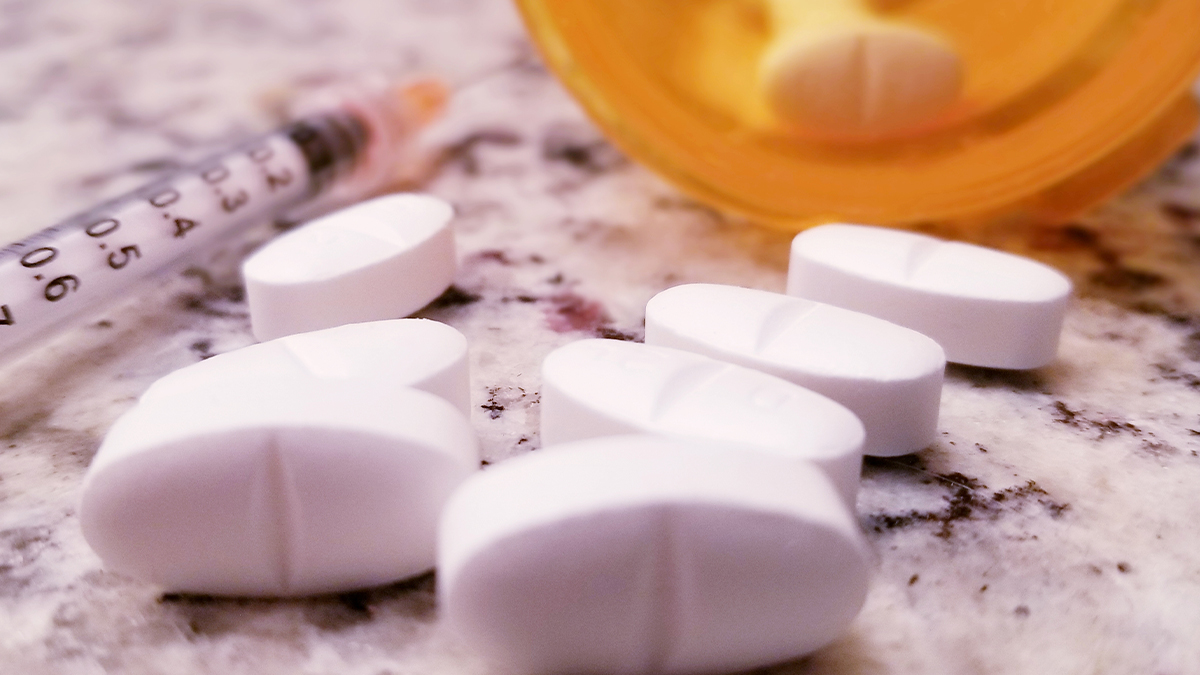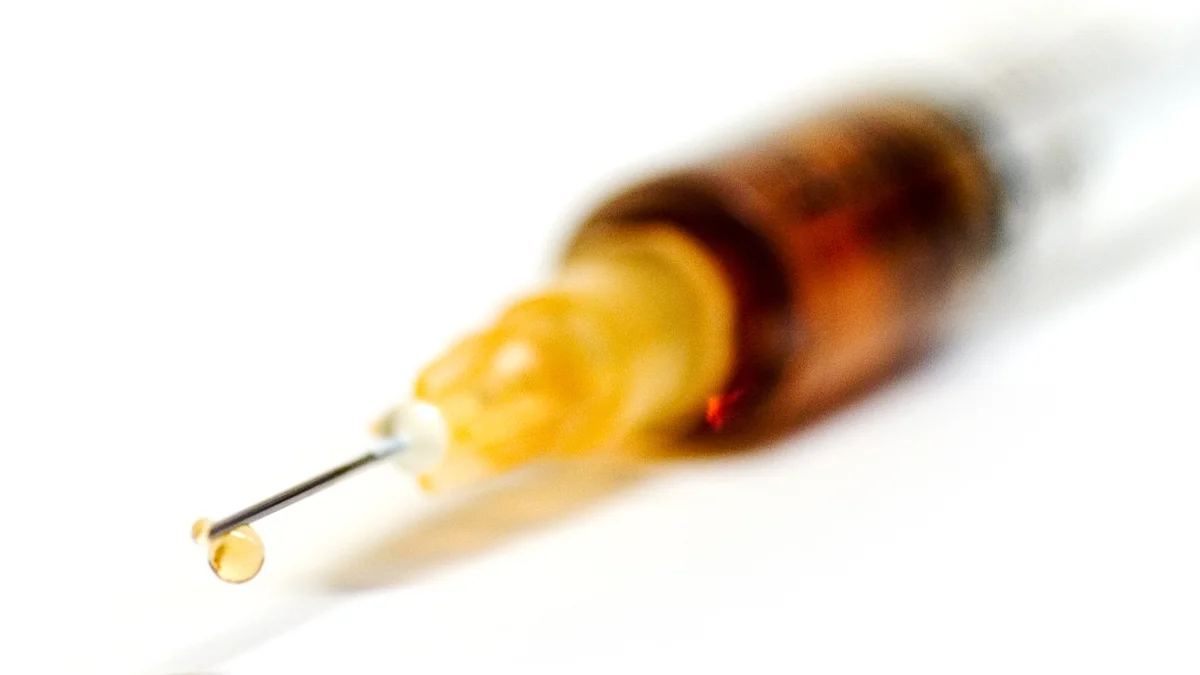
Lyrica With Suboxone: Risks And Safe Practices
The Recovery Team-Newton explores whether taking Lyrica with Suboxone is safe. Explore potential risks and guidelines

An addiction intervention is an orchestrated attempt by family and friends to motivate someone struggling with alcoholism or drug addiction to seek professional treatment. This guide outlines how to stage an intervention and take the first steps to help your loved one get their life back.
An intervention brings together parents, spouses, siblings, friends, coworkers, and others impacted by the addict’s behavior. With the guidance of a professional interventionist or substance abuse therapist, the group confronts the addict about the harm caused by their drinking or drug abuse.
During the intervention, participants take turns expressing their deep care and concern for the addict along with hope for positive change. Concrete examples are given of how the addiction has negatively affected relationships, finances, work, health, and safety. The overall aim is breaking through the denial to motivate acceptance of inpatient addiction treatment.
Arranging an intervention requires careful planning, preparation, and participation. Steps include:
Proper planning prevents the person feeling ganged up on and maximizes the chances of them agreeing to get help.
The intervention takes place in a private setting without distractions. The leader introduces the process and ground rules like letting each person speak without interruptions.
Each participant expresses heartfelt concern coming from a place of love and support. Specific examples are given of negative consequences including job loss, financial issues, relationship conflicts, and health impacts. Letters may be read aloud that others have written.
The addict learns how deeply their alcohol or drug abuse affects family and friends. The group makes it clear that treatment is non-negotiable and refusal will result in pre-set consequences like living elsewhere or losing financial support.
The intervention ends by transporting the person directly to the addiction treatment program if they accept help. Follow-up with treatment staff confirms enrollment.
Seeking help from a professional interventionist can greatly improve outcomes. These addiction specialists have extensive training to facilitate interventions. An interventionist can:
An interventionist prevents mishaps and maximizes the chances your loved one agrees to get treatment.
The addict will likely resist the notion of treatment or refuse to admit having a problem. Counter common objections like:
“I can stop on my own” – Evidence shows addiction is beyond willpower and professional help is needed.
“I don’t have an addiction” – Use concrete examples of how substance abuse has taken over their life.
“Treatment won’t work” – Success rates show most complete addiction programs fully recover.
“I can’t afford rehab” – Offer to help pay costs or research free government programs.
Meeting resistance with empathy while standing firm on the need for treatment is key during an intervention.
Part of an intervention is outlining specific consequences if the person refuses to get help. These might include:
Being ready to follow through demonstrates the seriousness of the situation. Bottom lines force the addict to face reality and accept the need for change.
An intervention marks the beginning of the recovery journey, not the end point. Entering and completing a comprehensive addiction treatment program offers the best chance for long-term sobriety.
Determine the optimal treatment setting and duration based on the severity of addiction. Ongoing aftercare with counseling, peer support groups, sober housing, and monitoring are also critical to maintain positive gains after intensive treatment ends.
Find a private, neutral location away from the person’s using environment. Popular spots include family homes, churches, rented office space, or outpatient centers.
Look for a licensed interventionist, substance abuse counselor, clinical psychologist, or social worker with specific addiction intervention training.
If they refuse to meet, each person can meet with them individually to make the same case for treatment and consequences. Or have an intervention counselor do home visits.
Hiring an interventionist ranges from $2,000-$5,000. Many charge daily rates of $1,500-$2,500 including planning and facilitating the intervention.
A typical intervention lasts 90 minutes or more. Each person needs time to express themselves and the addict needs opportunity to respond and ask questions before agreeing to treatment.

The Recovery Team-Newton explores whether taking Lyrica with Suboxone is safe. Explore potential risks and guidelines

Learn about Suboxone injection side effects and explore recovery solutions in this guide by The Recovery Team-Newton.